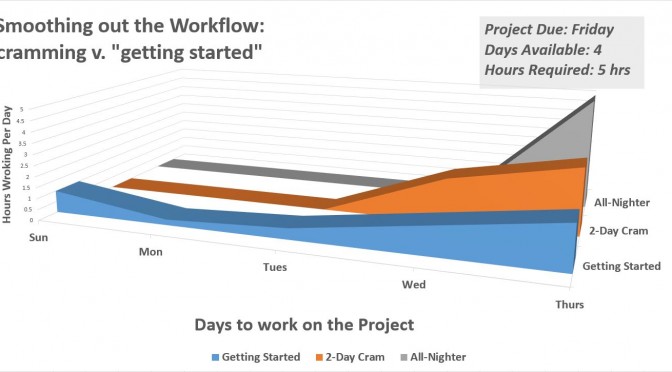 You may delay, but time will not.
You may delay, but time will not.
– Ben Franklin
By “time management” we usually mean prioritizing, using time effectively, getting things done instead of putting them off. Except that we all “manage” time — it’s a matter of how well. If done properly, the rewards are large — and costly if not.
Ben Franklin put it more succinctly:
Remember that time is money.
So let’s get a new, good start on this “time management” job of ours and break into its essential parts to see how well it can pay. Continue reading


 Parents and teachers think that if only students would connect their short term decisions to long term goals, such as college and jobs, they would quit procrastinating and do their homework.
Parents and teachers think that if only students would connect their short term decisions to long term goals, such as college and jobs, they would quit procrastinating and do their homework.




 Parents concerned about their teen’s middle and high school exam and test prep might consider that studying isn’t just a matter of reviewing notes and study guides. Successful testing requires ongoing learning.
Parents concerned about their teen’s middle and high school exam and test prep might consider that studying isn’t just a matter of reviewing notes and study guides. Successful testing requires ongoing learning.
 One of the most effective strategies to defeat procrastination that we have used with students in our
One of the most effective strategies to defeat procrastination that we have used with students in our 
 Fight the need to finish now!
Fight the need to finish now!